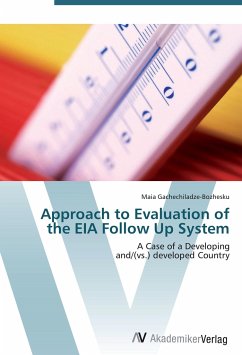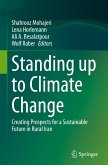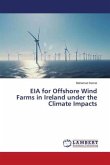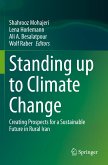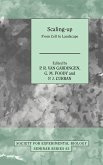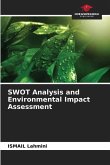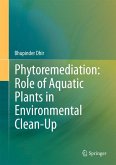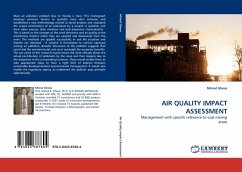Revision with unchanged content. EIA is a process widely recognized as able to buttress more environmentally sustainable project decision making. However, it focuses on the ex ante eva luation of impacts and rarely covers implementation effects. Meanwhile, projects are often implemented differently from what was planned. Thus, a gap exists between the predicted and actual impacts of projects. EIA follow up is seen as a means to fill in this gap. But how successful is EIA follow up? Whether and how effectively can it improve capacities, scientific and technical knowledge for future projects? The study aims to elaborate sets of benchmarking criteria for the evaluation of the EIA follow-up effectiveness at the project (micro) and system (macro) levels. To empirically test the criteria it first analyses the system level EIA follow up in two countries, Georgia and the UK and then evaluates the micro-level EIA follow up on two projects in Georgia. The book provides a valuable experience for both developed and developing countries and is targeted at EIA researchers and practitioners, monitoring/auditing officers, environmental planners and lawyers, project construction/operation managers, environmental NGOs, and the wider public.

